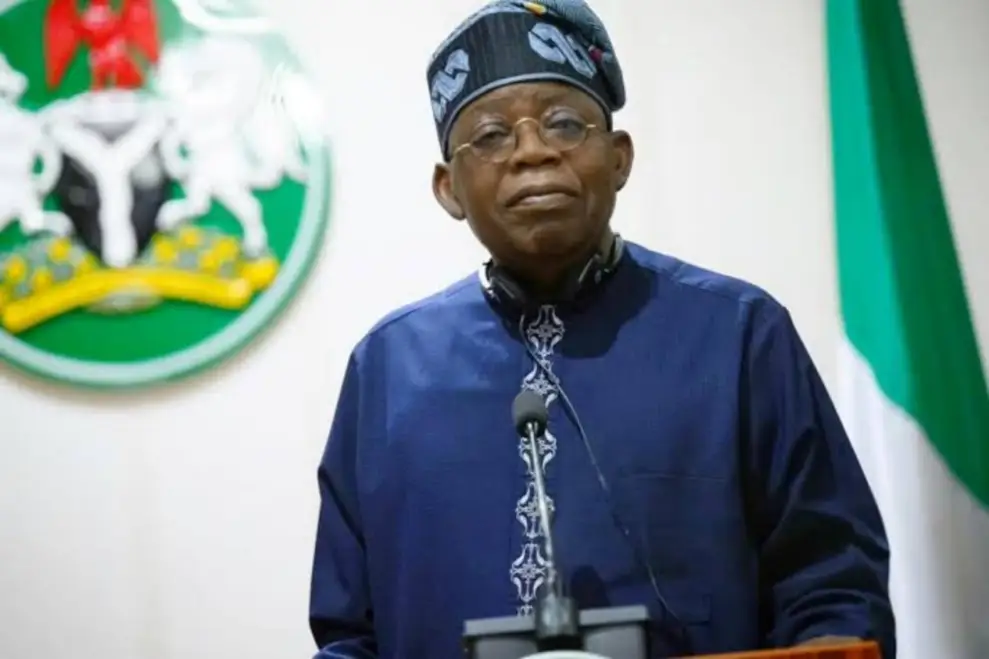Only 36 per cent of households targeted by the Federal Government’s conditional cash transfer programme since October 2023 have benefited, according to a mid-year economic report released by PwC and earlier reported by Punch.
The initiative was relaunched in 2023 to ease the burden on vulnerable Nigerians following the removal of petrol subsidy and the unification of the foreign exchange market under the Bola Tinubu administration.
PwC noted that while millions of households were included, the pace of payment has been slow. “Official figures showed that while 5.6 million households benefited from at least one transfer, just 2.4 million received a second and fewer than 1.3 million progressed to a third payment after biometric verification, raising questions about the pace and reach of the initiative,” the firm said.
The conditional cash transfer is designed to provide direct financial support to households in the lowest poverty bracket. However, the PwC report suggests that delays in verification and other administrative bottlenecks have limited its reach.
In April, the Federal Government launched a National Identity Number enrolment campaign as part of efforts to improve transparency and strengthen the Social Register used for the programme. Under this policy, at least one adult in each eligible household is required to be verified with a NIN or Bank Verification Number before accessing support. PwC explained that this process, though challenging in rural areas, may improve the accuracy of targeting and ensure that support reaches the most vulnerable Nigerians.
By May, the government confirmed that 2.3 million households had been cleared for payment under the renewed scheme. The World Bank is providing major backing for the project. Out of an $800 million loan approved for the initiative, $530 million had been disbursed as of April 30, 2025.
In its Nigeria Development Update titled ‘Building Momentum for Inclusive Growth,’ the World Bank observed that “Only 5.6 million households, around 37 per cent, have received at least one tranche of direct transfers,” while urging the government to expand coverage.
The Bank added that “the programme remains dependent on biometrically verifying at least one adult member of the household with a foundational digital identity. Also, efforts to urgently provide support to the poorest and most economically at-risk households should be redoubled and expanded.”
PwC also provided an update on oil price trends and their implications for Nigeria’s economy. According to the report, global geopolitical risks in the first half of 2025, including U.S.–China tensions, the Middle East conflict, and cyber threats, had a limited effect on oil markets. “Oil prices fell from $79.21 per barrel to $71.21 per barrel between January and June 2025. The decline was driven by the increase in output of nearly one million barrels per day in April and June by OPEC+, which reinforced downward pressure amid uncertain demand,” PwC stated.
The report added that sustained escalation of geopolitical tensions, particularly in the Middle East, could still impact oil markets in the medium term. “Such an outcome may prove favourable to Nigeria, given its reliance on crude oil exports (the benchmark oil price for 2025 was set at US$75 per barrel) as a major source of foreign exchange revenue,” PwC said.
Looking ahead, PwC projected that Nigeria’s gross domestic product will expand “modestly by 3.4 per cent in 2025, supported by higher crude oil production and stronger performance in the finance and insurance, construction, ICT and real estate sectors.” This projection comes as investors and policymakers closely monitor the nation’s energy sector and fiscal reforms.
On inflation, PwC estimated that headline inflation will moderate to 21.46 per cent in 2025 due to hawkish monetary policy and greater stability in the foreign exchange market. The report noted that with the recent decline in inflation, the Central Bank of Nigeria may begin to gradually ease its tight monetary stance in the second half of 2025.
Analysts say these projections, combined with government reforms and international financing support, highlight both opportunities and challenges for Nigeria’s economy.
The success of the conditional cash transfer programme, backed by the World Bank’s $800 million loan, remains central to the government’s strategy to cushion the effects of subsidy removal and protect the most vulnerable households.

